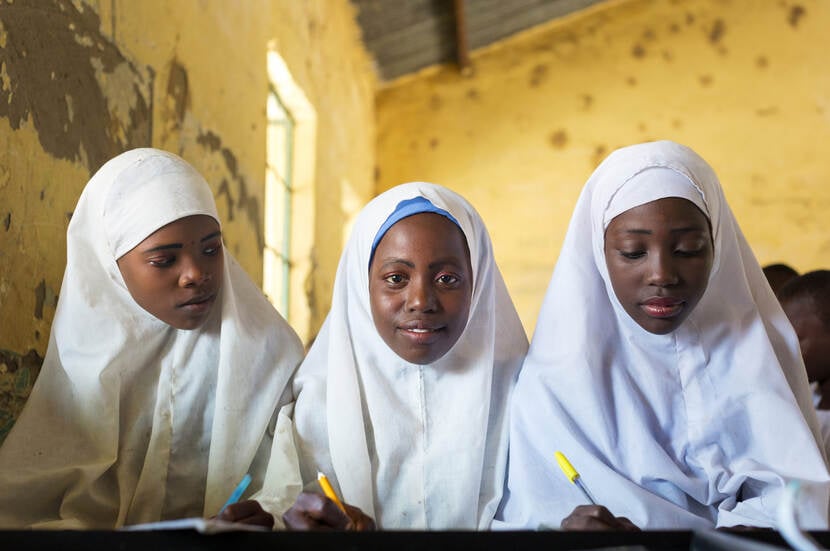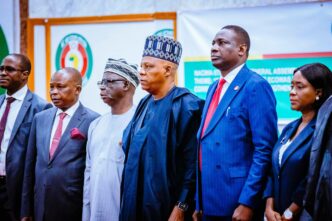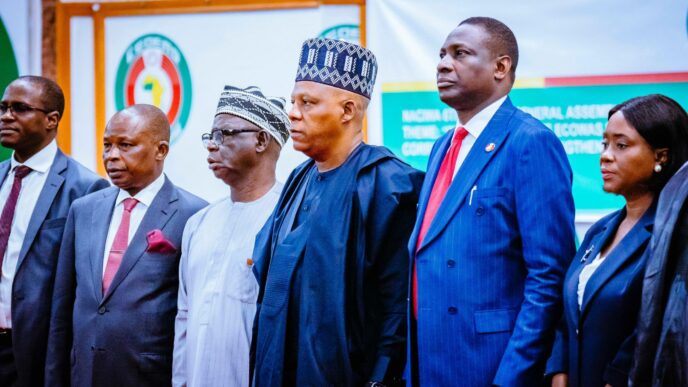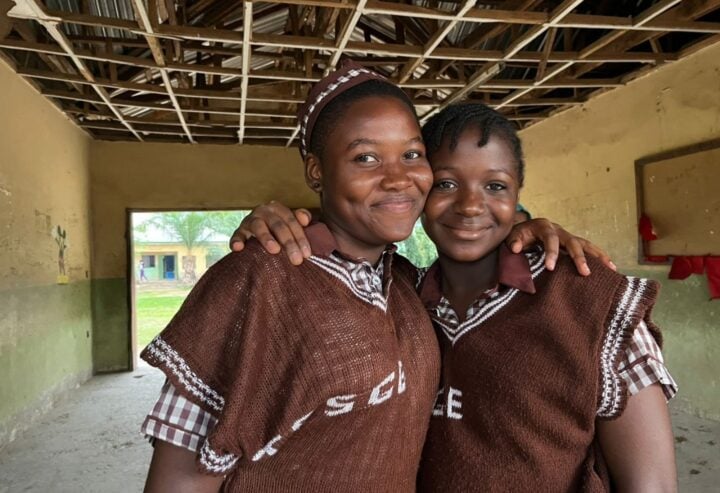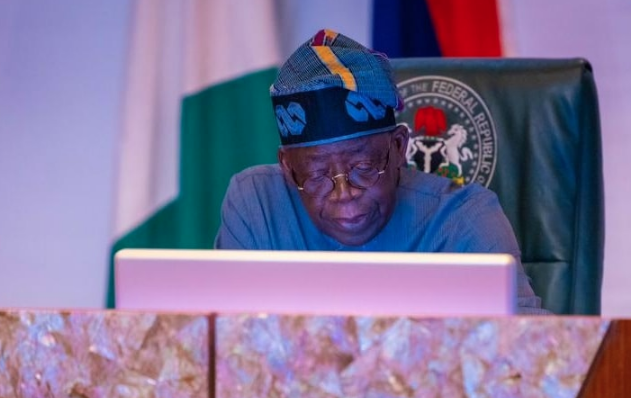Image Credit: ©Global Partnership for Education (GPE) / Kelley Lynch
BY SALEH SHEHU ASHAKA
Education is a fundamental human right that should be accessible to all, regardless of gender. However, in many parts of the world, including Northern Nigeria, girls face significant barriers to accessing and completing their education. This article explores the urgent need for girl-child education in Northern Nigeria and highlights the benefits of empowering girls through education.
1. Educational Disparity and Gender Inequality
Northern Nigeria has long struggled with gender inequality, particularly in education. Deeply rooted socio-cultural norms and traditions often restrict girls’ access to education, perpetuating a cycle of poverty and limited opportunities. Statistics reveal a glaring disparity in literacy rates, school enrolment, and completion rates between boys and girls in the region.
2. Breaking the Cycle of Poverty
Advertisement
Investing in girl-child education is key to breaking the cycle of poverty in Northern Nigeria. Providing girls with quality education equips them with knowledge, skills, and confidence, enabling them to secure better employment opportunities, improve their economic status, and contribute to the development of their communities.
3. Health and Wellbeing
Access to education plays a crucial role in promoting good health and well-being among girls. Education empowers them with knowledge about reproductive health, hygiene practices, and disease prevention. Educated girls are more likely to make informed decisions about their health, reducing maternal and child mortality rates and improving overall community health.
Advertisement
4. Empowerment and Gender Equality
Girl-child education is an essential tool for promoting gender equality and women’s empowerment. Education empowers girls by enhancing their self-esteem, critical thinking abilities, and decision-making skills. It enables them to challenge discriminatory practices, pursue higher education, and become active participants in society.
5. The Role of Communities and Parents:
Engaging communities and parents are crucial in promoting girl-child education. Community based initiatives, awareness campaigns, and sensitization programs can help shift cultural norms and attitudes that hinder girls’ education. Involving parents in the educational process and highlighting the benefits of educating their daughters can encourage them to prioritize their daughters’ education.
Advertisement
6. Overcoming Barriers to Girl-Child Education
To overcome barriers to girl-child education in Northern Nigeria, various strategies need to be implemented. These include improving access to schools, providing safe and conducive learning environments, addressing gender-based violence, promoting teacher training on gender-sensitive pedagogy, and increasing investment in education infrastructure.
7. Government Policies and Partnerships
Government policies and partnerships play a vital role in advancing girl-child education. The Nigerian government, along with international organizations and NGOs, should collaborate to develop comprehensive policies and implement programs that prioritize girls’ education, ensure gender equality, and provide financial support to disadvantaged families.
Advertisement
8. Success Stories and Best Practices
Highlighting success stories and best practices can inspire change and provide models for replication. Examples of successful interventions, such as scholarship programs, mentorship initiatives, and efforts to eliminate child marriage, can serve as inspiration for future strategies to improve girl-child education in Northern Nigeria.
Advertisement
Investing in girl-child education is not only a matter of justice and human rights but also a strategic imperative for the development of Northern Nigeria. By providing girls with quality education, we empower them to become leaders, change agents, and contributors to their communities’ growth and prosperity. It is imperative that all stakeholders, including governments, communities, parents, and civil society, work together to break down barriers and create an enabling environment for girls to fulfill their potential through education. Only then can we build a more inclusive, equitable, and prosperous society for all.
Advertisement
Views expressed by contributors are strictly personal and not of TheCable.
